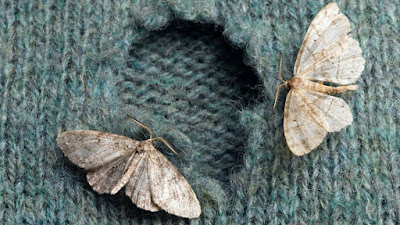An awful lot loaded into one little word in the English language.
Wait. It's not ready yet. You’ll ruin it if you take it out now
Wait. Slow down. I can’t keep up with you. My legs are too short
Wait. We can’t rush this. I need some time to think this through.
Wait. It won’t be long now. You’ll be amazed when it gets here.
Wait. There’s nothing more we can do. You just have to be patient.
There’s a whole lot of principles packed into those five simple examples.
They have a lot do with ‘time’ and ‘process’.
They also involve mismatched expectations and different time frames or levels of understanding.
They also imply that a certain amount of stopping or inactivity is needed for a good outcome.
This much we understand.
Waiting is very much a way of life.
It’s just that when it happens to us, and we don’t have a clear timetable on which to pin our hopes and expectations, waiting becomes difficult.
And if I think I am struggling with the concept right now, and find it difficult to wait…
Then I think then of a nine year old boy in Lisbon.
Who’s been waiting almost nine months now for an answer.
Both his parents, after a long wait, finally got their permission to move to the UK.
But his passport together with those of his two brothers, somehow got lost in the process of having their permission to move to the UK stamped.
His mother moved to England as her visa to enter was about to expire.
And so he remained in Lisbon with his father and two older brothers.
Waiting. Three months became six months.
No explanations. No-one to say why there was such a delay.
Eventually after almost nine months, one brother’s passport was returned.
His father took him over to be with his mother in the UK.
So that left two brothers now at home with Dad
Then his oldest brother’s passport came, so he could go.
So he’s left on his own with Dad, wondering in his nine year old head, why me?
The Bible is often about waiting, but there the periods are even more scary.
Forty years? In the Wilderness?
Hmm. Maybe my waiting is not so unbearable.







